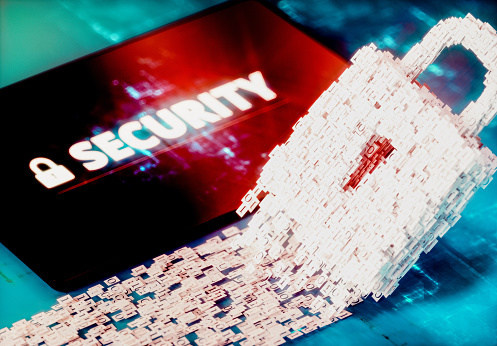
Our Happy Clients
Tech Support of Minnesota takes care all my business information technology. I don't have to worry about my computers, networks or staff not working. Thanks team for taking care of us.
The frequency with which new passwords need to be created for new accounts is taxing. As many of you know, when making a password, there is usually a colored bar letting you know if your password is strong or weak. You always want to have that bar in the green. It is crucially important that you maintain strong passwords for your accounts, so no one can use a password generator to guess the password and gain access to your private information and sensitive data and exploit it.

The Makings of a Strong Password
Length is one of the most critical factors in making a stronger password, as the longer the password is, the harder it is for a computer or “cracker” to hack. As for length, it’s recommended to have at least 12 characters – up to about 20. If your password consists of basic words, it’s recommend the password be even longer than the recommended 12 characters, as many password crackers out there auto-search ordinary dictionary words and have a significant success rate.
You can even use a sentence or sentences to create a strong password. There is no rule against using something like this for your password: “Hello! I am Joe with XWY Company and I work on computers!” That was about 50 characters and would take significantly longer to crack than a simple 12-character password.
The next best factor that goes into making a good password is complexity. Passwords benefit from complexity by using special characters, numbers, random capitals, and containing few or no dictionary words. The more complex a password is, the far harder it is for a computer to crack it. “p5ds1L61lj!#* *f3$#1#!?5 @” would be a very strong password, but it’ll be hard to remember. Too complex and it’s hard to memorize; too short and it’s easy to solve. However, using a combination of both length and complexity, you can create a strong password that can be recalled without difficulty.
Adding a number and special character to each word you use will greatly increase the strength of the password without making it too complex. “Hello$1 my$2 name$3 is$4 Joe!$5” is most likely a stronger password than the one I used earlier that contained 50 characters, simply because the special characters aren’t in the dictionary.
The Differentiation Factor
Another vital point about passwords is that you should keep every password different for each profile. It can be tempting to use the same password for every account online, but at least try to make variations of your passwords. The main reason for this is that if a website is leaked or hacked, your password can be out there in the public and can be attempted on your other accounts, so even if you have the best password in the world, using the same password for every account can make all your accounts vulnerable.
The last good practice for password creation is to change your password every six months or so, so that even if your password was leaked without your knowledge, changing the password would end the issue. Also, some computers will try to crack a password 24/7 and, with enough time, it will eventually guess the right password. Changing your password every so often will thwart those computers that endlessly guess at your password (executives, pay special attention).
Another way to ensure you have different strong passwords is to use a password manager. A password manager is a type of program that stores your different passwords for different accounts, but that itself still needs a good password to protect your collection. With a password manager, you can use a generator to create very long complex passwords and not have to worry about remembering them as long as you have access to your manager.
Need a Password Security Expert?
If you have further questions regarding creating better passwords and cybersecurity, Tech Support of Minnesota is the leader in providing IT services and consulting in Twin Cities South Metro area. Contact one of our expert IT staff at (952) 758--7272 or send us an email at [email protected] today, and we will help you with any of your questions, concerns, and needs.
